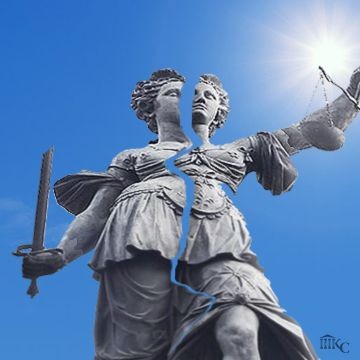The Lawyer's Lawyer
Frivolous Ethics Charges
Q. If I bring an action without legal or factual justification, I may get sanctioned. Does the same thing apply to Bar Counsel?
A. Yes and no.
This issue arose recently in a case before the Supreme Court of Maryland. Suspended for two months on a prior infraction, it took Raj Singh more than two years to reinstate his law license as Bar Counsel threatened his lawyer with disciplinary action if he sought a return.
After he filed a reinstatement petition which correctly affirmed that there were no disciplinary actions pending against him, Bar Counsel filed a new set of charges 30 days later and blithely accused him of lying about it. Finding no factual basis for this and many other sinister allegations, the trial judge was "concerned by Petitioner's repeated claims where there [was] no evidence in support of the same, nor any citation to controlling legal authority. ... Petitioner's duty is to protect clients and not to lightly make unproven bald allegations."
After Ms. Lawless resigned as Bar Counsel, her deputy refused to challenge the findings below and cited "significant mitigation" to request that the Supreme Court "exercise its discretion and dismiss this matter." Since these charges "not only rested upon 'unproven bald allegations,' but upon outright lies," Respondent's counsel asked the Court to sanction her by forcing Petitioner to pay his costs and attorney's fees.
"As the prevailing party in this disciplinary proceeding," the Court believed that "Respondent is entitled to reasonable and necessary costs." But it stopped short of awarding him the attorney's fees incurred in the course of what Respondent regarded as a "bad faith prosecution." Observing that "there is no Maryland Rule authorizing payment of attorney's fees from the Disciplinary Fund to a respondent as the prevailing party in a disciplinary proceeding," the Court emphasized its need to "act as responsible stewards of the Disciplinary Fund" and declined to award them.
